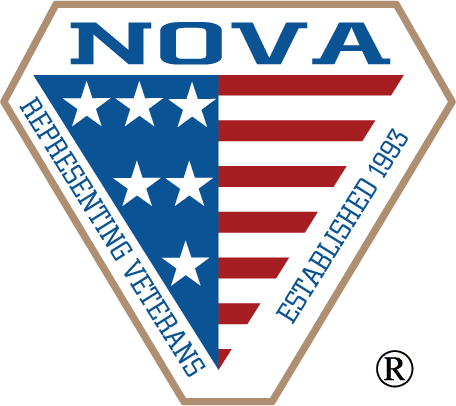“I THINK I MAY HAVE A VA CLAIM. WHAT SHOULD I DO NOW?”
The answer can be summed up in three words – “File it now!”
Veterans benefit claims are different than virtually all other types of legal claims or benefits programs. Because of the peculiarities of VA system, the best approach is almost always filing for veterans benefits as soon as possible. Here’s why:
Waiting to file your claim will cost you money
VA benefits are awarded retroactively to an “effective date”. This date is usually the date of initial application for benefits. So, waiting to apply means the potential back benefits are reduced. Each month without applying means another month of unclaimed and unpaid benefits.
Because there is no deadline for filing for most types of VA benefits, most veterans apply for VA compensation or pension long after they could have. This means they have already missed out on benefits which they should have received. Filing sooner rather than later puts an end to this problem.
Also, benefits are paid in whole month increments, meaning an application at any point in a month establishes an effective date entitling the veteran to benefits for that entire month. So, filing on February 27 instead of waiting until March 1 would mean an extra month of benefits.
The VA review process is long so you should go ahead and get started.
The backlog of veterans benefit claims topped 900,000 in January 2013. At that time, over 600,000 disability claims have been pending for more than 125 days. The average time from application to a Regional Office was more than 260 days in 2012.
That means on average an application made on January 1 would not be decided until August 20. In the event of a denial, this process can instead be measured in years rather than months. There is plenty of time to wait after filing for veterans benefits. Don’t add to the wait by waiting to file.
There is plenty of time after filing for veterans benefits to get the evidence in support of your claim.
Your claim may be processed more quickly if VA has all the information and evidence it needs to reach a decision when you file. But remember that VA claims are not like most other types of claims. The VA has a duty to assist veterans. This includes telling the veteran what evidence is needed to support a claim.
Some veterans delay filing for benefits while they gather the records they think VA will need. Unfortunately, veterans are sometimes surprised to learn that what they thought was important is not important. Many also learn that they actually need evidence that they thought was not important. Go ahead and get the process started so VA can tell you what is needed.
VA will also assist in helping obtain needed records. Generally, a compensation claim will require discharge or separation papers (DD214 or equivalent). It will also require service treatment records in your possession and medical evidence (doctor and hospital reports) to establish disability and service-connection.
In most legal settings, appeals are decided based only on the evidence presented at the initial level of decision-making. However, the VA process is unique. A veteran can provide additional evidence even on appeal. If your claim was not fully supported with the best evidence possible and was denied initially, this can be corrected with additional evidence during the appeals process. This will likely require the help of an attorney, but we can review your claim and decide what additional evidence is needed. If you need help, you can simply fill out the “Need Help” form or call the phone number on this page for a free consultation.
If you believe you are entitled to VA benefits, don’t delay. Apply now to establish the earliest possible effective date and get the process started. This approach should result in faster resolution of your claim, less unnecessary effort by you in guessing at what is needed by the VA, and (perhaps most importantly) more benefits for you and your family. Filing now is definitely a “win-win-win” strategy.
Need more information about veterans benefits
If you would like to find out more about veterans benefits, you can also visit our questions and answers page or learn about our veterans benefits attorneys, Travis Studdard and Jason Perkins.






